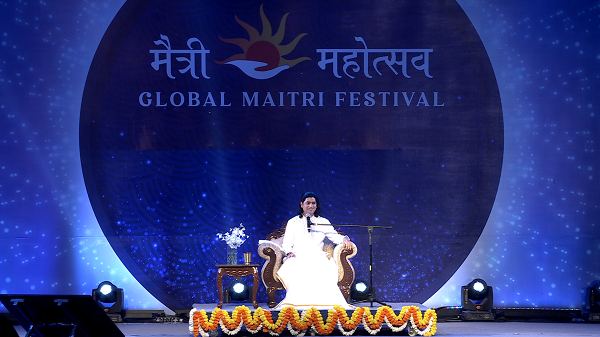
New Delhi, Delhi, 3rd of October, 2024 : The Union Cabinet chaired by the Prime Minister Shri Narendra Modi has approved the proposal of the Ministry of Housing & Urban Affairs for Chennai Metro Rail Project Phase-II comprising three corridors. The total length of the approved lines will be 118.9 km with 128 stations.
The project completion cost is Rs.63,246 crore and is planned to be completed by 2027. Once Phase-II is fully operational, the Chennai city will have a total Metro Rail network of 173 Km. The Phase II Project comprises following three corridors:
- Corridor-(i): from Madhavaram to SIPCOT for a length of 45.8 Km with 50 stations.
- Corridor-(ii): from Lighthouse to Poonamalle Bypass for a length of 26.1 Km with 30 stations, and
- Corridor-(iii): from Madhavaram to Sholinganallur for a length of 47 Km with 48 stations.
Once Phase-II is fully operational, the Chennai city will have a total Metro Rail network of 173 Km.
Benefits and Bolstering Growth:
The Phase-II of Chennai Metro Rail Project represents a significant advancement in the city’s infrastructure development. Phase-II acts as a major expansion of the Metro Rail Network in the city.
Enhanced Connectivity: Phase-II will add approximately 118.9 Km of new metro lines. The Corridors of Phase-II connects North to South and East to the West of Chennai passing through the major influence areas at Madhavaram, Perambur, Thirumayilai, Adyar, Sholinganallur, SIPCOT, Kodambakkam, Vadapalani, Porur, Villivakkam, Anna Nagar, St. Thomas Mount connecting large number of industrial, commercial, residential and institutional establishments and also provides effective Public Transport for the work force engaged in these clusters and connectivity to various parts of the city. It will extend connectivity to rapidly growing areas like Sholinganallur, which serves as a hub for the south Chennai IT corridor. By connecting Sholinganallur via ELCOT, the metro corridor will cater to the transportation needs of the burgeoning IT workforce.
Reduction in Traffic Congestion: Metro Rail as an efficient alternate road transport and with Phase-II as an extension to the Metro Rail network in the Chennai city is expected to alleviate traffic congestion and will be particularly impactful on heavily congested routes of the city. Reduction in road traffic can lead to smoother movement of vehicles, reduction in travel time, increasing overall road safety etc.
Environmental Benefits: With the addition of Phase-II Metro Rail Project and increase in overall Metro Rail Network in Chennai city, can significantly reduce carbon emissions compared to traditional fossil fuel-based transport.
Economic Growth: Reduced travel times and improved access to different parts of the city can enhance productivity by allowing individuals to reach their workplaces more efficiently. The construction and operation of Phase-II will generate numerous jobs in various sectors, from construction workers to administrative staff and maintenance personnel. Also, the enhanced connectivity can stimulate local businesses, especially in areas near new metro stations which can also attract investment and development in previously less accessible regions.
Social Impact: The expansion of Phase-II Metro Rail network in Chennai will provide more equitable access to public transport, benefiting diverse socio-economic groups and reducing transport disparities which will contribute to a higher quality of life by reducing commute times and improving access to essential services.
The Phase-II Chennai Metro Rail Project is set to be a transformative development for the city. It promises to deliver enhanced connectivity, reduced traffic congestion, environmental benefits, economic growth, and improved quality of life. By addressing key urban challenges and providing a foundation for future expansion, Phase-II will play a crucial role in shaping the city’s development trajectory and sustainability.










More Stories
MMGEIS Students Take A Step Forward In Strengthening The Geospatial Community.
Maitribodh Parivaar Concludes Maitri Mahotsav – A Global Celebration Of Spiritual Empowerment And Social Progress.
Vaidyaratnam To Collaborate With Johns Hopkins University.